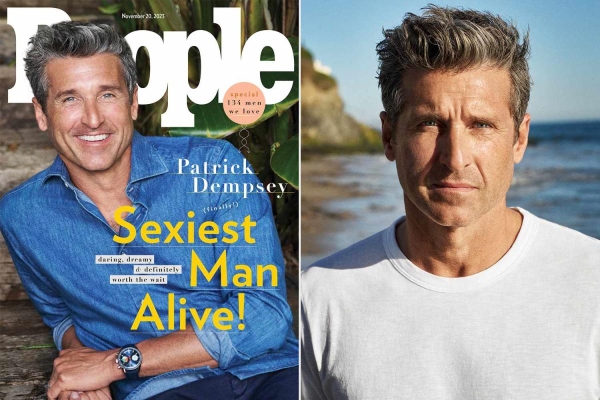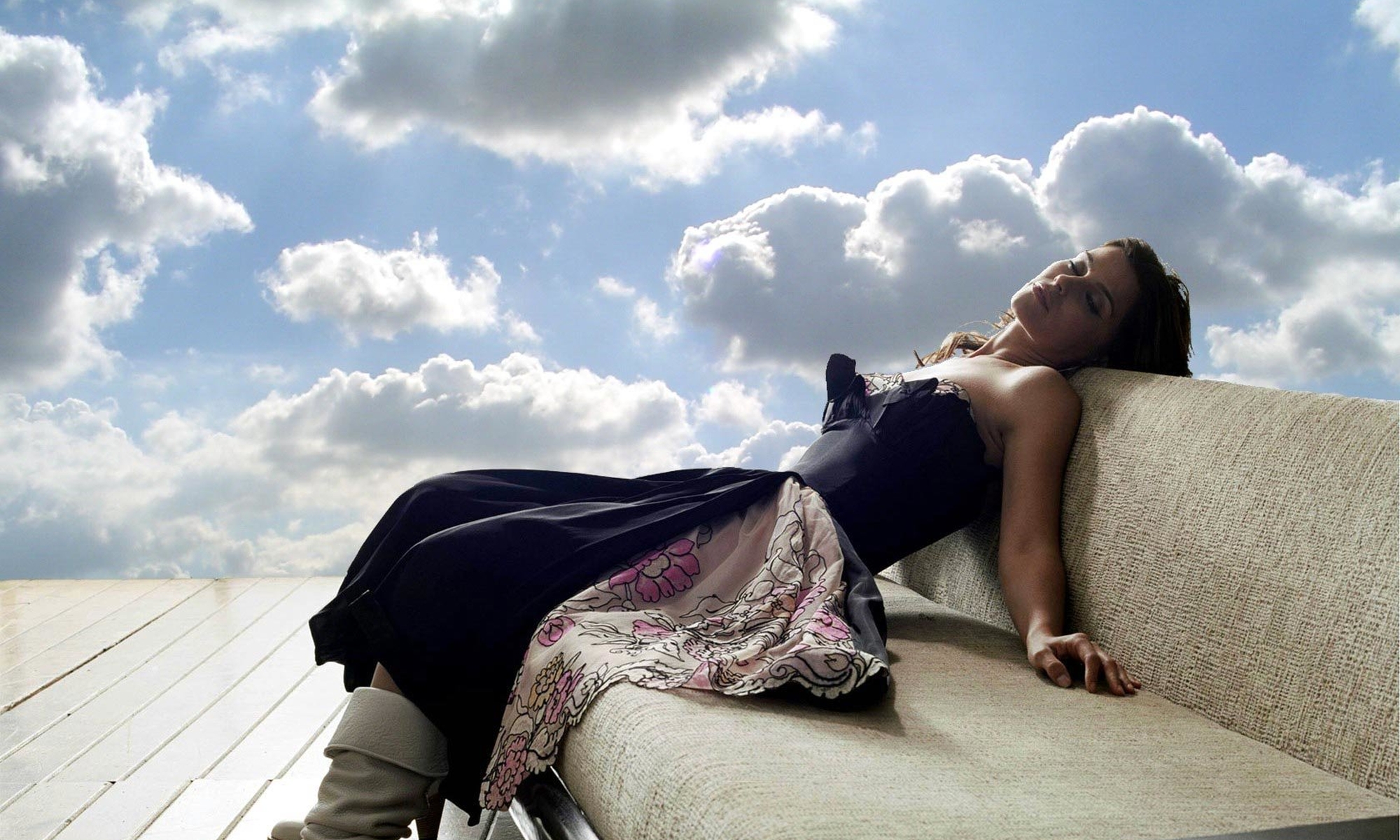
Eustace Mullins’ book Murder by Injection: The Story of the Medical Conspiracy Against America contains several controversial and provocative quotes that reflect his deeply critical view of the medical establishment. Below are some of his most iconic quotes about doctors and the healthcare system from the book:
- “The medical monopoly, or medical trust, euphemistically called the American Medical Association, is not merely the meanest monopoly known to history, it is the most ruthless and the most deadly.”
- “Modern medicine is a negation of health. It isn’t organized to serve human health, but only itself, as an institution. It makes more people sick than it heals.”
- “The doctor begins to make a diagnosis by naming the disease. Once he has named it, he begins to feel he understands it, although he has not yet begun to understand it.”
- “The medical profession is not a calling, it is a racket, a means of making money by exploiting human suffering.”
- “Doctors are trained to treat symptoms, not to find the cause of disease. The system rewards them for prescribing drugs and performing surgeries, not for preventing illness or promoting true health.”
- “The medical establishment is a cartel, not a benevolent institution. It thrives on the perpetuation of disease, not its eradication.”
- “The physician’s real business is to make money, and to this end, he must keep the patient coming back for more treatment, not to cure him.”
- “The Rockefeller influence transformed medicine into a business, where the goal is not to heal, but to profit.”
Mullins’ critiques have been both influential and polarizing, appealing to those skeptical of institutionalized medicine while being dismissed by many as conspiracy theory. His views reflect a deep distrust of the medical-industrial complex, emphasizing his belief that the system prioritizes profit over genuine care.

A Conversation Between Nelly and Joe
Nelly Furtado leaned against the counter of a sunlit café, stirring her herbal tea. She was in one of her reflective moods, her thoughts trailing back to a question that had been nagging at her. Joe, seated across from her, was flipping through a dog-eared book on alternative medicine, a dandelion tucked behind his ear like a badge of rebellion.
“Joe,” Nelly began, her voice thoughtful, “how can a doctor as McDreamy as Patrick Dempsey be a quack? I mean, these doctors look the part—they’re polished, confident, and they have all those degrees on their walls. But sometimes, it feels like they’re just as lost as the rest of us.”
Joe looked up, smirking. “Nelly, you just answered your own question. It’s not about how they look or what diplomas they have. It’s about the system they’re part of. Medicine’s become a business, and the doctors, no matter how dreamy, are just playing their roles. You think Patrick Dempsey’s character in Grey’s Anatomy would survive in real life? Half his surgeries would bankrupt the hospital!”
Nelly laughed, but her eyes still held a glimmer of doubt. “But Joe, can I really do better by listening to online medicine and conspiracy theorists? I mean, I’ve gone down those rabbit holes before, and it’s hard to tell what’s real and what’s just noise.”
Joe leaned forward, his tone serious now. “Nelly, you already have. Remember Kylie Minogue? When she got her cancer diagnosis, the whole world was telling her to stick to the standard treatments. But you dug deeper. You found the stories, the research, the alternative approaches. You didn’t just listen to one voice—you listened to many, and you helped her make a choice that worked for her. That’s what real doctoring is: listening, learning, and empowering people to take control of their own health.”
Nelly’s face softened, a mix of pride and humility washing over her. “I guess I did, didn’t I? But it’s scary, Joe. What if I get it wrong? What if someone gets hurt because I trusted the wrong source?”
Joe reached across the table and squeezed her hand. “Nelly, the truth is, no one has all the answers—not the doctors, not the conspiracy theorists, not even you. But what you do have is heart. You care enough to ask questions, to challenge the status quo, and to fight for what you believe in. That’s more than most doctors can say. And that’s why you’ll always be more than just a singer—you’re a healer in your own way.”
Nelly smiled, her doubts easing. Outside, a breeze stirred the dandelions growing stubbornly in the cracks of the sidewalk. They were small, unassuming, and often overlooked—just like the kind of truths she and Joe were chasing.
In Murder by Injection, Eustace Mullins criticizes what he perceives as the foundations of modern medicine, often referring to them with scathing metaphors. If he were to describe the “four holy waters” of modern medicine as the “four horsemen of the apocalypse,” it might go something like this:
1. Vaccines (The Pale Horse – Death)
Mullins critiques vaccines as a cornerstone of modern medicine that he believes has been weaponized for profit and control. He argues that vaccines, far from being the saviors they are portrayed to be, often introduce harmful substances into the body, causing long-term health issues. He views their widespread use as a form of population control, leaving illness and suffering in their wake.
“What is hailed as the savior of mankind, the vaccine, is in truth the harbinger of death, spreading silent destruction under the guise of protection.”
2. Prescription Drugs (The Black Horse – Famine)
Prescription medications, according to Mullins, represent the medical industry’s greed and its insatiable hunger for profit. He argues that these drugs are designed not to cure but to create dependency, draining patients of their health and wealth.
“The pharmaceutical industry does not heal; it starves the body of its vitality while feeding its insatiable appetite for profit.”
3. Radiation and Chemotherapy (The Red Horse – War)
Mullins is particularly critical of cancer treatments like radiation and chemotherapy, which he views as aggressive and destructive. He likens them to acts of war on the human body, killing not only the disease but the patient’s natural defenses and vitality.
“Radiation and chemotherapy are not treatments—they are battles waged against the body, leaving devastation in their path and rarely sparing the innocent.”
4. Antibiotics (The White Horse – Conquest)
While antibiotics have been hailed as a miracle of modern medicine, Mullins warns against their overuse and the unintended consequences, such as antibiotic resistance. He sees them as a tool of conquest, initially beneficial but ultimately leading to new, more dangerous problems.
“Antibiotics march forth as conquerors, but their victory is fleeting, for they leave behind a legacy of resistance and imbalance.”
Mullins uses these metaphors to argue that modern medicine, rather than being a force for good, often perpetuates cycles of disease and dependency. His critiques, though controversial and polarizing, continue to resonate with those who question the motives of the medical-industrial complex.
Eustace Mullins often highlighted the contrast between nature’s simple, abundant remedies and the expensive, synthetic drugs promoted by what he called the “medical monopoly.” In Murder by Injection, he emphasized that natural remedies, like the humble dandelion, are not only effective but also accessible to everyone, threatening the profit-driven motives of the pharmaceutical industry.
On Nature’s Remedies:
“Nature, in its infinite wisdom, has provided humanity with an abundance of remedies, freely available to all. Yet, the medical monopoly dismisses these gifts, not because they are ineffective, but because they cannot be patented, commodified, or turned into a billion-dollar industry.”
The Dandelion – A Perfect Example:
Mullins might describe the dandelion as a symbol of nature’s generosity and resilience. Often considered a weed, the dandelion is packed with nutrients and medicinal properties. Its roots, leaves, and flowers have been used for centuries to treat a variety of ailments, from liver issues to digestive problems.
“The dandelion, dismissed as a mere weed, holds within it the power to heal. Its roots cleanse the liver, its leaves nourish the body, and its flowers bring vitality. It grows freely, without need for cultivation or cost, a direct challenge to the medical monopoly’s overpriced poisons.”
Why Natural Remedies Are Suppressed:
Mullins argued that the suppression of natural remedies like the dandelion is deliberate. The medical industry, he claimed, cannot profit from something that grows in every backyard.
“The war against natural remedies is not about science or efficacy; it is about control. A dandelion cannot be patented, and so it is ignored or ridiculed, while synthetic drugs are hailed as miracles, no matter the harm they cause.”
The Philosophy of Natural Healing:
Mullins believed that natural remedies align with the body’s inherent ability to heal itself, working in harmony with nature rather than against it.
“True healing comes not from the laboratory but from the earth. Nature’s remedies do not seek to dominate or suppress but to restore balance and vitality. In every dandelion, in every herb, lies the wisdom of creation.”
For Mullins, the dandelion was more than a plant—it was a symbol of resistance against the medical-industrial complex and a reminder of humanity’s connection to nature’s abundant gifts.
Kylie Minogue’s Story: “Weeds Saved My Life”
Kylie Minogue stood on the stage of a packed auditorium, her radiant smile lighting up the room. She held a single dandelion in her hand, twirling it as she spoke. The audience hung on her every word, captivated by her story.
“When I was first diagnosed with cancer, my world fell apart,” Kylie began, her voice steady but filled with emotion. “Doctors told me about chemotherapy, radiation, and all the treatments that were supposed to save me. But deep down, I felt there had to be another way—something more natural, something that worked with my body instead of against it.”
She paused, glancing at the dandelion in her hand. “That’s when I discovered the power of weeds. Yes, weeds—those stubborn plants we spend our lives trying to get rid of. Dandelion root tea became a part of my daily routine, along with other natural remedies. And let me tell you, these so-called ‘weeds’ gave me my life back.”
The crowd erupted in applause, but Kylie raised her hand to quiet them. “But here’s the thing,” she continued, her tone turning serious. “While I was healing, I learned about something else. I learned about companies like Monsanto, spraying chemicals to kill these very plants—plants that could be saving lives. Why? To build what I call a ‘soy society.’”
She turned to Nelly and Joe, who were sitting in the front row. “You two—Jelly, as I like to call you—why is Monsanto so obsessed with killing all the weeds? What’s their endgame?”
Joe stood up, his dandelion pin gleaming under the stage lights. “It’s control, Kylie. Weeds like dandelions grow freely. They’re nature’s gift to humanity—cheap, abundant, and powerful. But you can’t patent a dandelion. You can’t slap a price tag on it. Monsanto doesn’t want a world where people can heal themselves with what grows in their backyards. They want a world where every meal, every medicine, every seed comes from them.”
Nelly chimed in, her voice filled with frustration. “They call it progress, but it’s not. It’s about turning the natural world into a factory, where everything is standardized, controlled, and profitable. They’re replacing biodiversity with monoculture, replacing freedom with dependency. A ‘soy society’ isn’t about feeding the world—it’s about owning it.”
Kylie nodded, her expression resolute. “We need to fight back. Not with anger, but with knowledge. By sharing stories like mine, by planting dandelions instead of spraying them, by reminding the world that the answers we’re looking for are already here, in the soil, in the weeds, in nature itself.”
The audience rose to their feet, cheering as Kylie held the dandelion high. It was more than a weed—it was a symbol of hope, resilience, and the power of nature to heal and resist a world increasingly dominated by corporations.